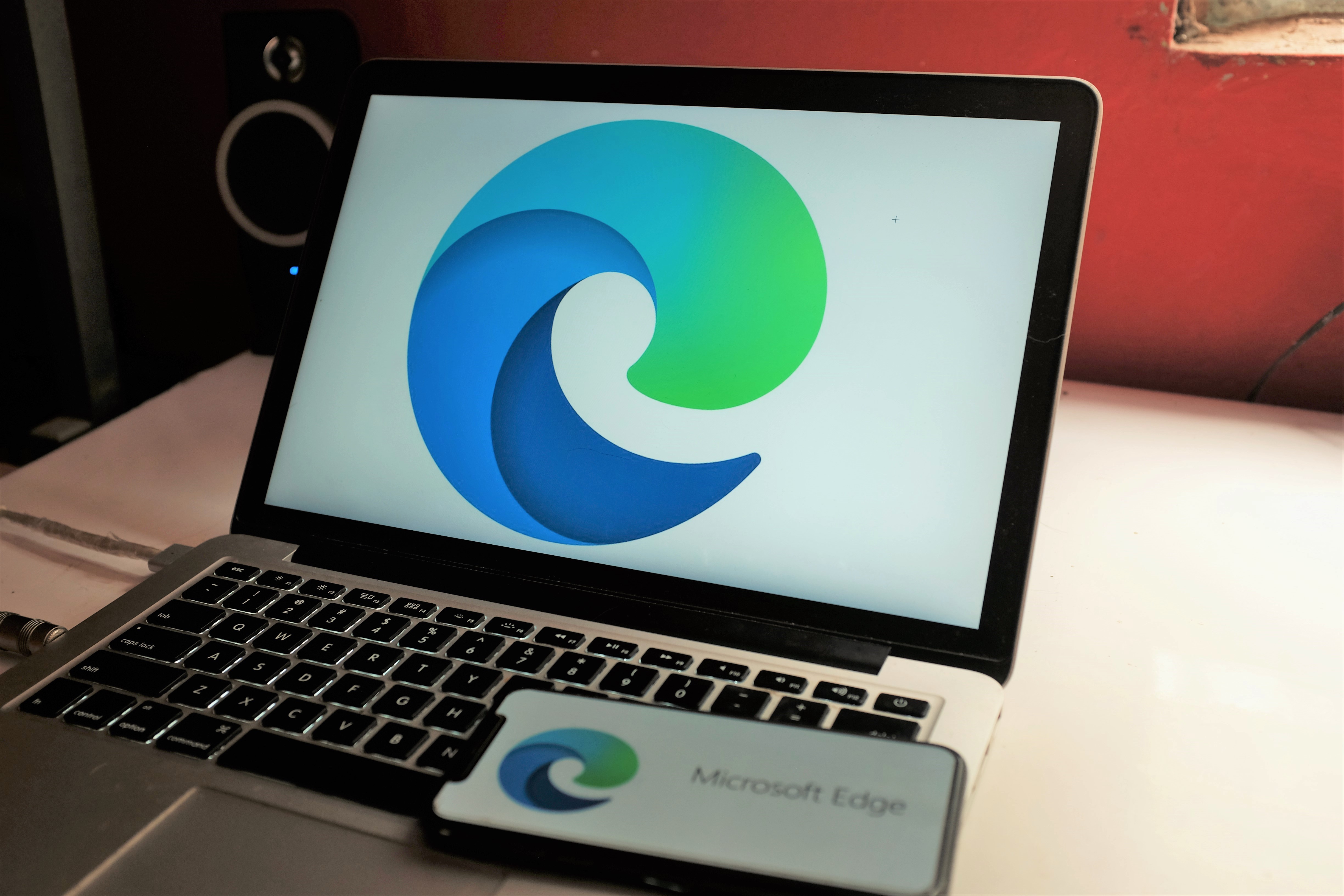Microsoft Edge now available for all Linux users
Browser graduates to stable channel


Sign up today and you will receive a free copy of our Future Focus 2025 report - the leading guidance on AI, cybersecurity and other IT challenges as per 700+ senior executives
You are now subscribed
Your newsletter sign-up was successful
Microsoft's Edge browser for Linux is now available for all users rather than just experimental ones. That makes it available for all major operating systems, bringing it in line with its major competitors Chrome and Firefox.
The company explained the browser has graduated to the stable channel, meaning it's available for mainstream users.
The stable release is available for Linux distributions including Debian, Fedora, openSUSE, and Ubuntu.
"This milestone officially rounds out the full complement of major platforms served by Microsoft Edge through stable channel: Windows, Mac, iOS, Android, and now Linux," said the company.
Microsoft launched the Linux version of the browser in October 2020, making it initially available in preview builds and aiming it primarily at developers. The preview version didn't include all user features, including omitting the ability to sign in via Microsoft accounts. The company added more features in later versions of the product, introducing sign in and sync support for personal Microsoft accounts in March this year.
Edge for Linux graduated from the Dev channel to the Beta channel in May, signaling it was more stable and introducing more features.
Microsoft Edge originally ran on its own engine, but Microsoft switched to the open source Chromium engine also powering other browsers, including Google's Chrome and the Vivaldi browser. Microsoft removed the legacy version from Windows 10 in April.
Sign up today and you will receive a free copy of our Future Focus 2025 report - the leading guidance on AI, cybersecurity and other IT challenges as per 700+ senior executives
Microsoft Edge has seen growth recently, gaining market share from Chrome. In 2020, a report indicated Chrome usage decreased from 69.94% in September to 69.25% a month later while Edge use increased from 8.84% to 10.22%.
Danny Bradbury has been a print journalist specialising in technology since 1989 and a freelance writer since 1994. He has written for national publications on both sides of the Atlantic and has won awards for his investigative cybersecurity journalism work and his arts and culture writing.
Danny writes about many different technology issues for audiences ranging from consumers through to software developers and CIOs. He also ghostwrites articles for many C-suite business executives in the technology sector and has worked as a presenter for multiple webinars and podcasts.
-
 Anthropic promises ‘Opus-level’ reasoning with new Claude Sonnet 4.6 model
Anthropic promises ‘Opus-level’ reasoning with new Claude Sonnet 4.6 modelNews The latest addition to the Claude family is explicitly intended to power AI agents, with pricing and capabilities designed to attract enterprise attention
-
 Researchers call on password managers to beef up defenses
Researchers call on password managers to beef up defensesNews Analysts at ETH Zurich called for cryptographic standard improvements after a host of password managers were found lacking
